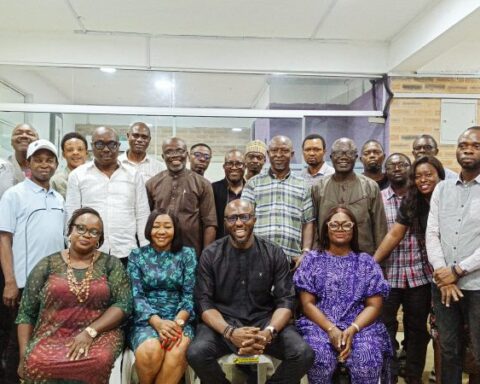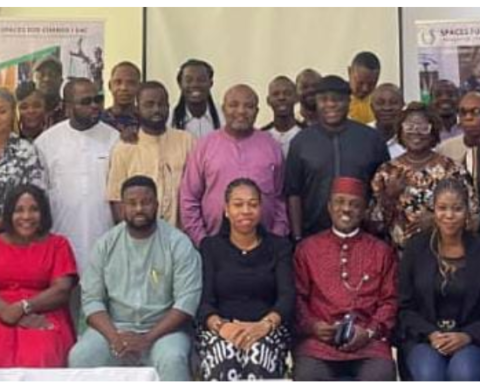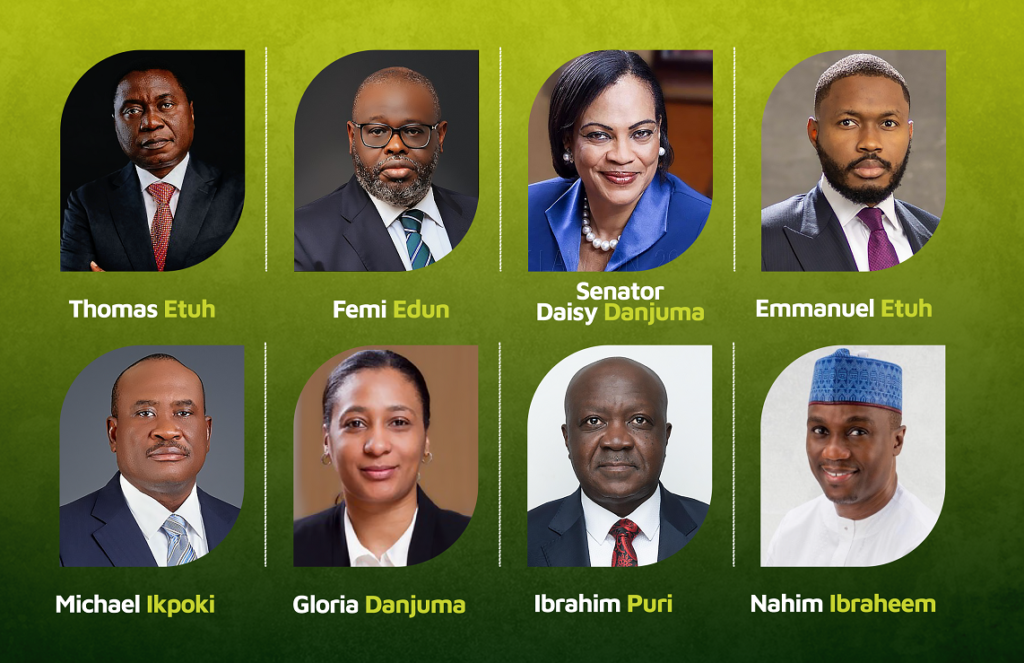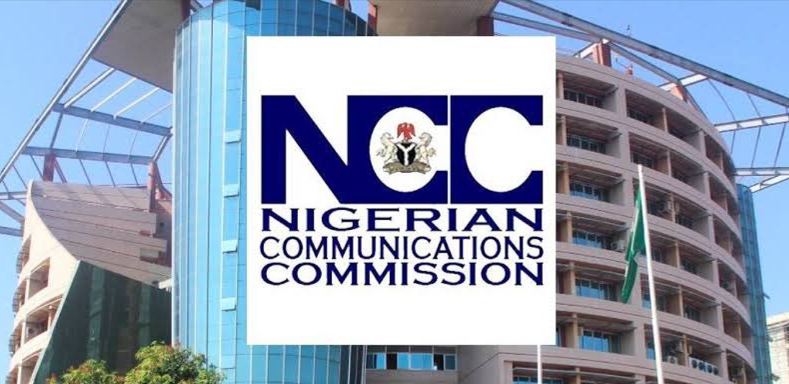The Nigerian Communications Commission (NCC) has unveiled the comprehensive Report of the Regulatory Impact Assessment (RIA) on eight critical subsidiary legislations governing the telecommunications sector. The presentation took place during a landmark Stakeholder Engagement Forum in Abuja, marking a significant step towards more participatory and evidence-based regulation.
Dr. Aminu Maida, Executive Vice Chairman/CEO, NCC, hailed the RIA as a crucial innovation in the Commission’s rule-making process. “The RIA allows the telecoms ecosystem to actively shape regulations that impact the sector. It safeguards public interest, stimulates innovation, and promotes investment,” Dr. Maida stated in his welcome address. He emphasized that the assessment was strategically aligned with the interests of consumers, licensees/market players, and the government, ensuring regulations serve both market needs and national policy objectives.
The RIA meticulously reviewed the effectiveness, impact, and potential areas for improvement across key regulations. The findings reveal specific areas where existing laws could be enhanced to encourage market entry, reduce compliance burdens, and remove outdated provisions.
Here are the key findings from the assessment of the eight critical frameworks:
- Annual Operating Levy (AOL) Regulations, 2022: The report found that while AOL collection increased by 22.9 per cent following 2022 revisions, compliance rates saw a slight drop, pointing to inconsistencies in enforcement. The NCC recommends expanding the levy coverage and developing a clear compliance roadmap.
- Licensing Regulations, 2019: Stakeholders advocated for greater flexibility, particularly for start-ups, proposing a tiered licensing model and more realistic rollout timelines to foster new entrants.
- Enforcement Processes Regulations, 2019: While the clarity of existing enforcement rules was acknowledged, the assessment flagged gaps in prosecutorial capacity and identified issues with the current fine schedules, suggesting a need for review.
- SIM Registration Regulations, 2022: The rules for SIM registration are clear, but challenges persist, particularly concerning Machine-to-Machine (M2M) SIMs and issues arising from multiple National Identification Number (NIN) registrations. The report recommends the introduction of self-service options for SIM registration.
- Spectrum Trading Guidelines, 2022: A notable finding was the concern raised regarding the 70 per cent Net Proceeds remittance requirement. The RIA highlights an urgent need for robust post-approval compliance mechanisms to ensure transparency and effectiveness in spectrum trading.
- SIM Replacement Guidelines, 2022: Recommendations include simplifying the NIN validation process for SIM replacement and expanding self-service and non-physical options to enhance convenience for consumers.
- National Roaming Guidelines, 2021: The assessment revealed concerns about trial approvals and congestion management within national roaming frameworks, leading to calls for more adaptable and responsive guidelines.
- Infrastructure Sharing Guidelines, 2021: The report notes that ongoing studies into competition dynamics within the infrastructure sharing space will inform future amendments to these guidelines, aiming to optimize resource utilization and reduce operational costs across the industry.
Mrs. Chizua Whyte, Head of Legal and Regulatory Services at the NCC, underscored the importance of evidence-based regulation, describing the RIA as an “evolutionary change for the Commission.” She affirmed the NCC’s commitment to building a regulatory framework that is “fair, transparent, and adaptable to rapid technological change.”
The NCC plans to implement the recommendations from the RIA in phases, emphasizing continuous monitoring, capacity building, and ongoing engagement with all stakeholders. The Commission reaffirmed its dedication to fostering a balanced, inclusive, and forward-looking regulatory environment that supports innovation, consumer protection, and sustainable growth within Nigeria’s dynamic telecommunications sector.
Follow us on all social media platforms @dailyquery for news and analyses around the globe



























